Session 2
Challenges and Opportunities at the Interface of Climate and Health
Thursday, January 16, 2025
11 a.m. – 12:30 p.m.
The Application of Machine Learning in Extreme Hydrological Events: Convergence Research Team is Required
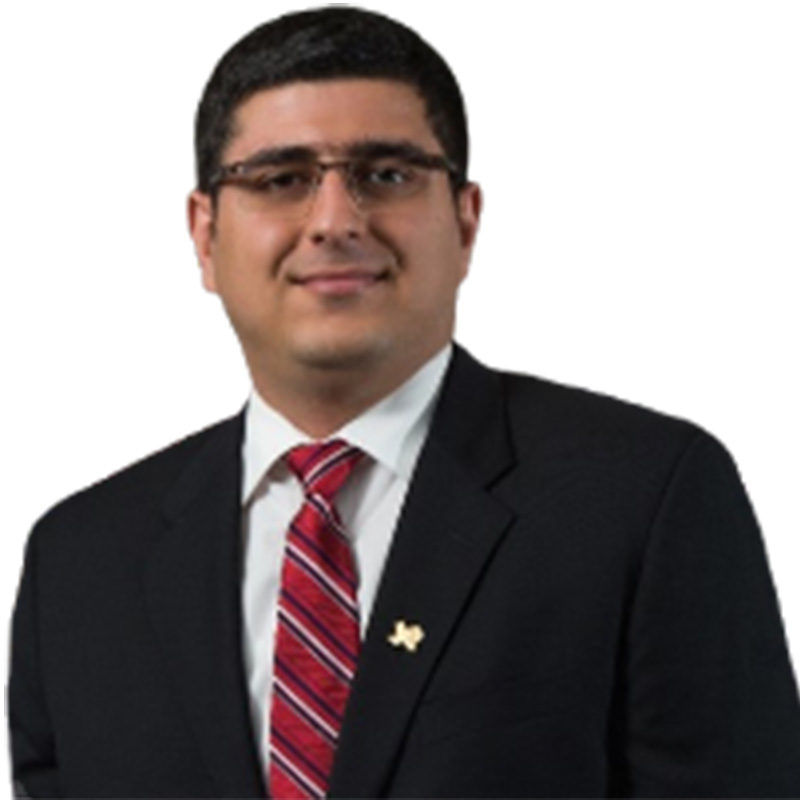
Manager, Coastal Science Program
Texas Water Development Board
Dr. Amin Kiaghadi manages the Coastal Science Program at the Texas Water Development Board and serves as project manager for the Texas Integrated Flooding Framework planning project. He earned a Ph.D. in Environmental Engineering from the University of Houston in 2018. Kiaghadi completed a postdoctoral fellowship at the Oden Institute for Computational Engineering and Sciences at the University of Texas at Austin and the Department of Civil and Environmental Engineering at UH.
JaxTwin: Future Scenarios at the Intersection of Health and Housing and Hazards
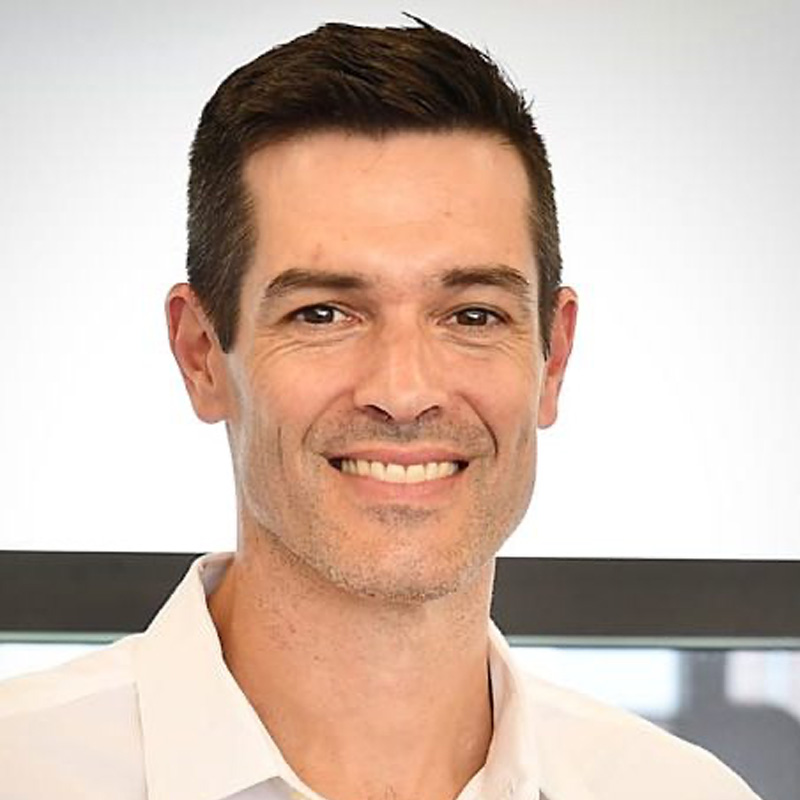
Associate Professor, School of Architecture
University of Florida
Jeff Carney directs the Florida Institute for Built Environment Resilience at the University of Florida, where he focuses on climate change adaptation through community-engaged design and transdisciplinary approaches. A registered architect and urban planner, Carney’s work spans housing, neighborhoods, and ecosystems. He also leads the GulfSouth Studio, a National Academies Gulf Research Program initiative connecting community engagement, advanced computational tools, and coastal resilience in the Florida Gulf through studio design.
Reductions in Satellite-based measures of Air Pollution Associated with Zero-Emissions Vehicle Adoption in California
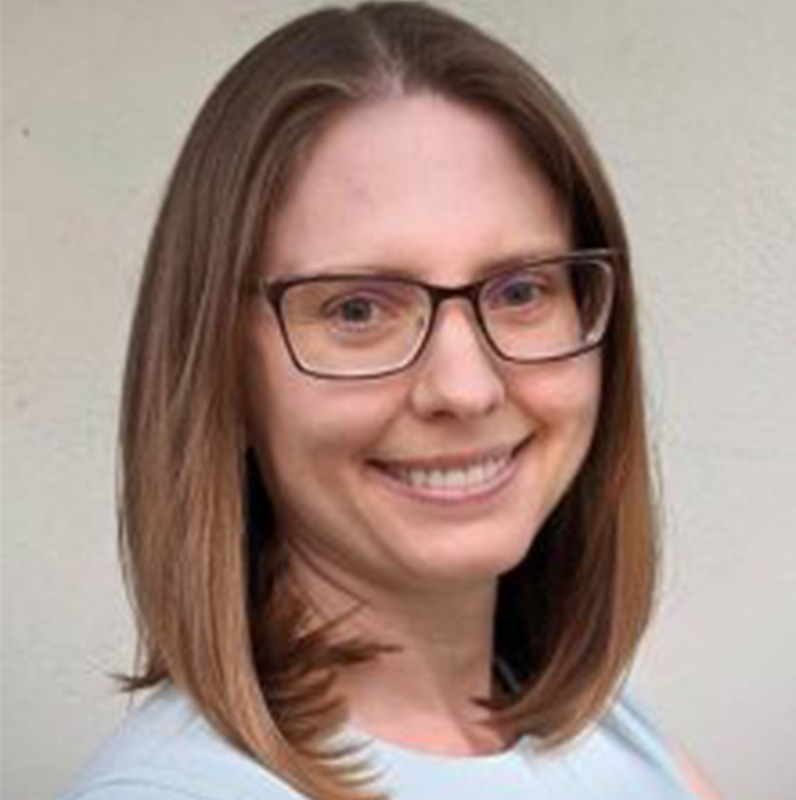
Associate Professor, Department of Population and Public Health Sciences Associate Professor, School of Architecture
University of Southern California
Sandy Eckel specializes in statistical methods and their applications in environmental epidemiology with a focus on the health effects of air pollution. Her recent work explores climate and health solutions, including decarbonizing medicine. She is a collaborator on the NIH-funded Electric Vehicle Adoption in California study and co-teaches the interdisciplinary course “Data Science Methods for Climate Change and Health Research."
Simulating the Impact of Compound Flood Risks on Coastal Land Use Patterns
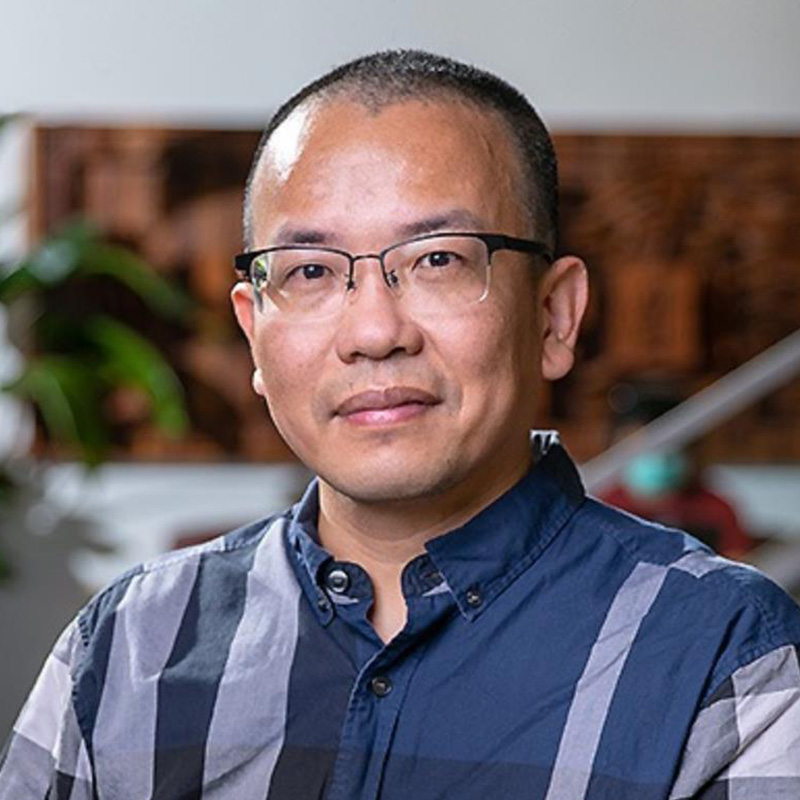
Harold Adams Endowed Professor in Urban Informatics
Texas A&M University
Xinyue Ye integrates computational social science, urban data science, and geospatial AI to address issues in infrastructure resilience, climate change, and social justice. His current research focuses on urban digital twins and precision public health, emphasizing real-time 3D modeling and AI-enabled participatory planning. His research also centers urban climate science, aiming to downscale climate data to the built environment scale.
Enforcing Equity in Neural Climate Emulators
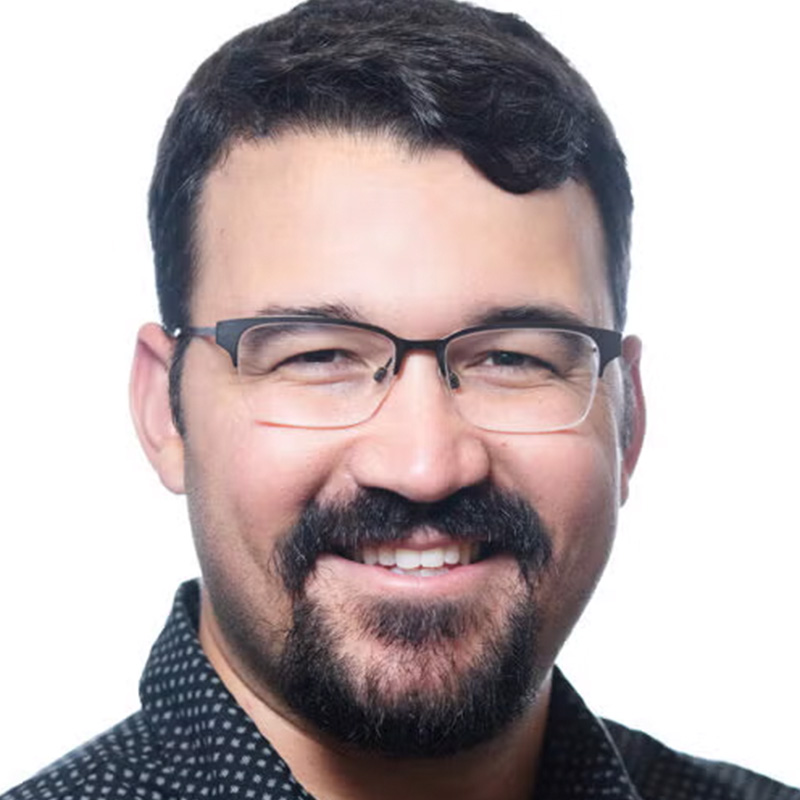
Assistant Professor, Department of Earth Sciences Division Manager, Data Services
University of Southern California
Sam Silva holds faculty appointments in the Department of Earth Sciences and Division of Environmental Health at USC. Previously, he worked as a research data scientist at the Pacific Northwest National Laboratory, a U.S. Department of Energy research laboratory. Silva’s research focuses on air pollution and climate change, emphasizing the integration of traditional computational methods with modern data science and artificial intelligence techniques.
Reducing Energy Burden and Flood Damage Using Energy-Water-Nexus Approach
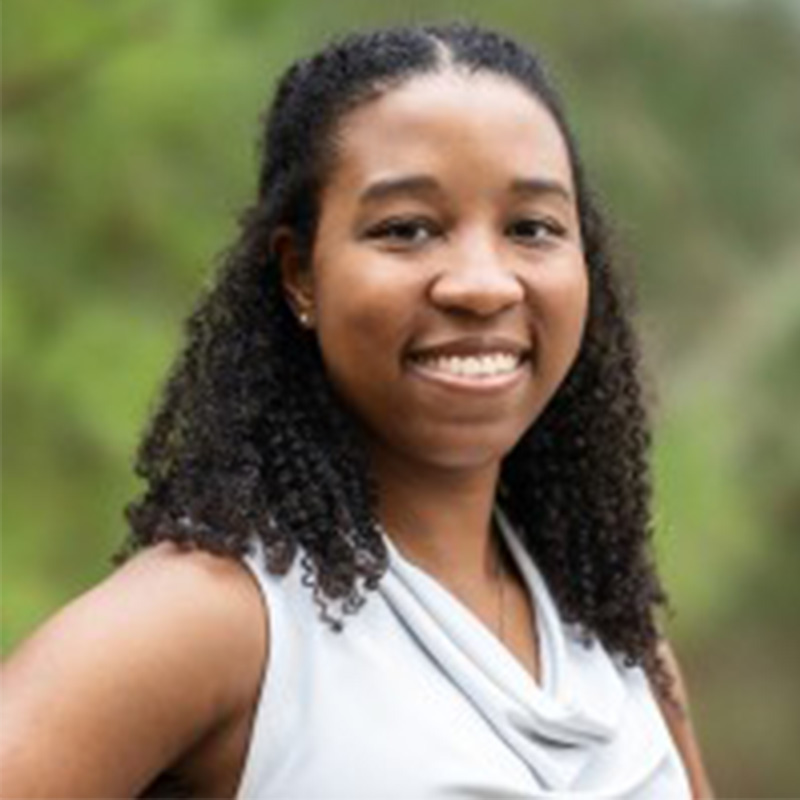
Research Associate, Water Energy Climate Nexus
Houston Advanced Research Center
Sequoia Riley develops projects focusing on flood sustainability, resilience, and climate equity. Her research interests include environmental planning and management, green infrastructure, flood disaster risk management, and adaptive governance. Riley also works with the Department of Energy Southcentral Onsite Energy Generation Technical Assistance Partnership to accelerate the integration of clean onsite energy technologies. She earned a Ph.D. in Urban and Regional Planning from the University of Hawai’i at Mānoa.